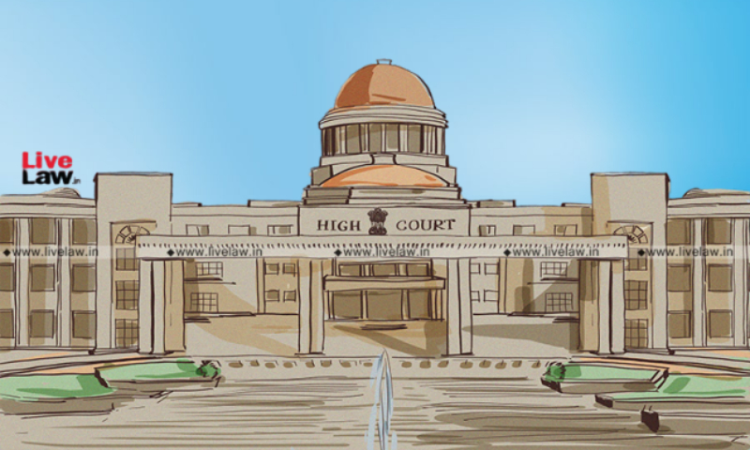Rich Businessman Possessing Large Portions Of Land In Slums Cannot Be Called Slum Dweller: Allahabad High Court
Upasna Agrawal
28 Feb 2024 11:15 AM IST

Next Story
28 Feb 2024 11:15 AM IST
The Lucknow Bench of the Allahabad High Court has held that by common sense, businessman having possession of large portions of land by illegally taking the same from the slum dwellers without required sanctions cannot be termed as slum dweller.“Presuming in a slum, a businessman finding good business opportunity, takes possession of a large piece of land from the actual slum dwellers...
